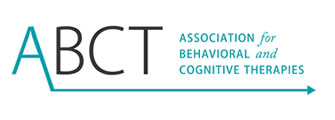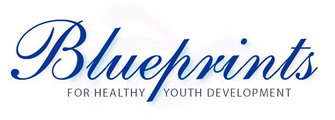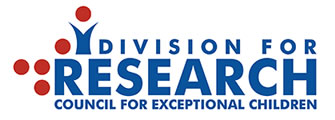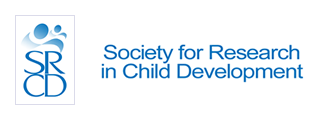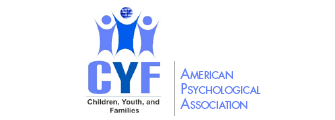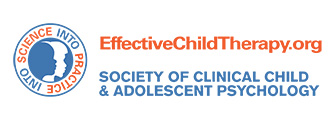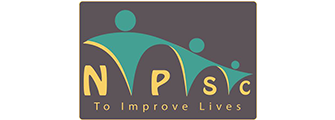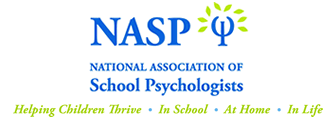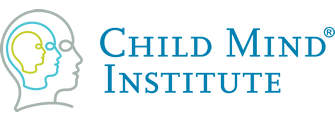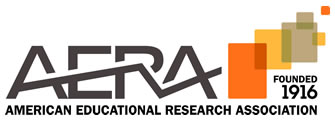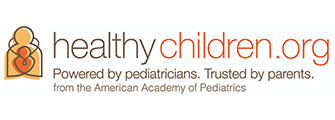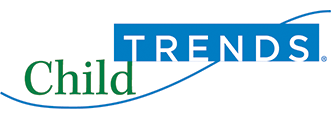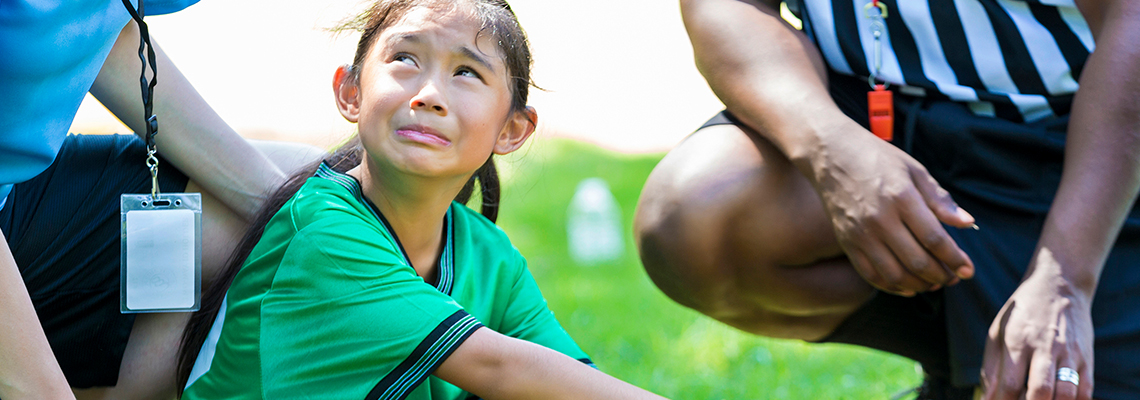
Participating in sports can help kids stay healthy, develop social skills and teamwork, handle disappointment, and improve their overall mood. Despite these and other benefits, youth sports are not without risks, with a head injury as one of the most concerning. The CDC estimates that there are 3.8 million reported and unreported sports-related concussions among children and adolescents in the U.S. each year. Researchers, policy makers, clinicians, coaches, and parents are working together to make sports safer and to ensure that young athletes get the care necessary to help return to play (RTP) and return to learn (RTL) safely. The goal is to minimize the potential long-term physical, emotional, and learning consequences of concussions.
Is my child at risk for a concussion?
Any bump or jolt to the head, blow to the body, or fall could cause a concussion. This is the most common type of traumatic brain injury in a child or adolescent. There is potential for head injuries in nearly every sport or fitness activity, whether in practice or during competitive gameplay. Although much of the concussion discussion has centered around football, youth who are involved in other high-collision sports such as hockey, lacrosse, rugby, skateboarding, and snowboarding are at high risk for head injury as well. Youth who have sustained a prior concussion are 3 to 4 times more likely to sustain additional concussions. Interestingly, girls have been found to have nearly double the risk of concussions compared to boys involved in similar high school sports (baseball/softball and basketball). In fact, at least one study notes girls’ soccer to have the highest number of concussions per season.
How do I promote a “Head’s Up” culture in my own family?
Some researchers suspect that teenagers may underreport concussive symptoms like headaches (the most common symptom) in an effort to not let other players down. Even at a young age, kids can start building habits and attitudes that can keep them safe throughout their years in youth sports.
- Communicate your expectations of smart play by always using proper sport-specific safety gear and sitting out 24-48 hours for evaluation if a hit to head occurs, “It’s better to miss one game than the whole season.”
- Educate your kids on the importance of keeping their teammates safe by reporting concussive events immediately.
- If you see your child acting unusual in practice or during a game, let the coach know. It is difficult for coaches to see everything. “When in doubt, take them out” has been the mantra of concussion protocols.
My child might have a concussion, now what?
It’s important to monitor your child closely and seek medical attention as soon as possible if you suspect they might have a concussion. Sometimes symptoms show up right away, but kids can show signs even a few days after the initial head injury. Below are some of the concussion signs, but not every child presents in the same way. Even something as simple as a child saying “I don’t feel right” can be a sign of a concussion. For a more complete list of concussive symptoms, see the CDC ’s concussion Factsheet.
What are the signs of a concussion?
Some physical signs of a concussion include:
- Loss of consciousness
- Can’t be awakened or drowsiness
- Confusion or difficulty remembering people or places
- Vomiting or nausea
- Slurred or troubled speech
- Seizure
- Headaches
- Blurred vision
- Sensitive to light, sound, or smells
- Dizziness
The impact of a concussion on thinking might include:
- Loss of memory or forgetfulness
- “Foggy” thoughts
- Difficulty paying attention or focusing
The emotional and behavioral symptoms include, but are not limited to:
- Irritability or crankiness
- Moodiness
- Uncharacteristic behaviors
What will happen following a suspected concussion?
The health care provider (HCP) will ask questions about the injury event, injury history, and assess for signs of a concussion. Depending on the nature of the injury, a CT scan of the brain might be ordered to determine if there is bleeding in the brain. The doctor will give you a written protocol for you to follow at home and share with your child’s school. You may want to ask questions specific to your child’s injury as parents have a big role in a child’s recovery from head injury (see this link for examples of questions to ask). You will be asked to monitor your child closely and report any worsening of his/her symptoms. Be sure you understand when it will be safe for your child to return to school and how will communication to the schools for accommodations will take place.
What can I expect during my child’s recovery from a concussion?
A parent plays a unique and vital role in a child’s recovery from a concussion. Concussions can be scary, but the most noticeable symptoms usually start to improve within a few days.
Your child will miss school for a number of days in order for the brain to rest — this includes not only exclusion from physical activity but also from “exercising” the brain with tasks such as reading, school work, puzzles, watching TV, or playing video games. Your child’s usual mood may be intensified for a few days. For example, your child may be very irritable. Be patient and warm towards your child but keep firm regarding the concussion protocol given to you by your child’s HCP. Communication with your child is key so they know what to expect and why they must rest their brain; you may need to repeat information several times given memory problems or fuzzy thinking that accompany concussions.
After the acute period of healing, it may take longer for your child to complete everyday tasks. Other symptoms, particularly cognitive ones, might last a few weeks or even months. Research shows that upon return to school, 90% of children and adolescents with brain injuries have symptoms that impact academics. To balance the need for academics with rest for brain recovery, modifications such as a shortened day, increased breaks, and extended test times are common for children with brain injuries. Only 20% of schools have RTL protocols in place, so it will be important to advocate for your child, if needed, to ensure that they have the support they need. Should you or your child get concerned because of missed academics or athletics, remember that research has shown the importance of resting the brain in order to prevent further problems like worsening symptoms, memory impairment, and risk for future depression and cognitive delays. If you feel issues are not improving over time, contact your child’s HCP.
For more information, please check out the following websites:
https://www.cdc.gov/headsup/basics/index.html
https://www.cdc.gov/heads-up/guidelines/recovery-from-concussion.html
Brown Kirschman, K. J., Sheeks N. A. (March 15, 2019) Safety in Sports: Information for Parents About Concussions. Retrieved from https://infoaboutkids.org/blog/safety-in-sports-information-for-parents-about-concussions.

